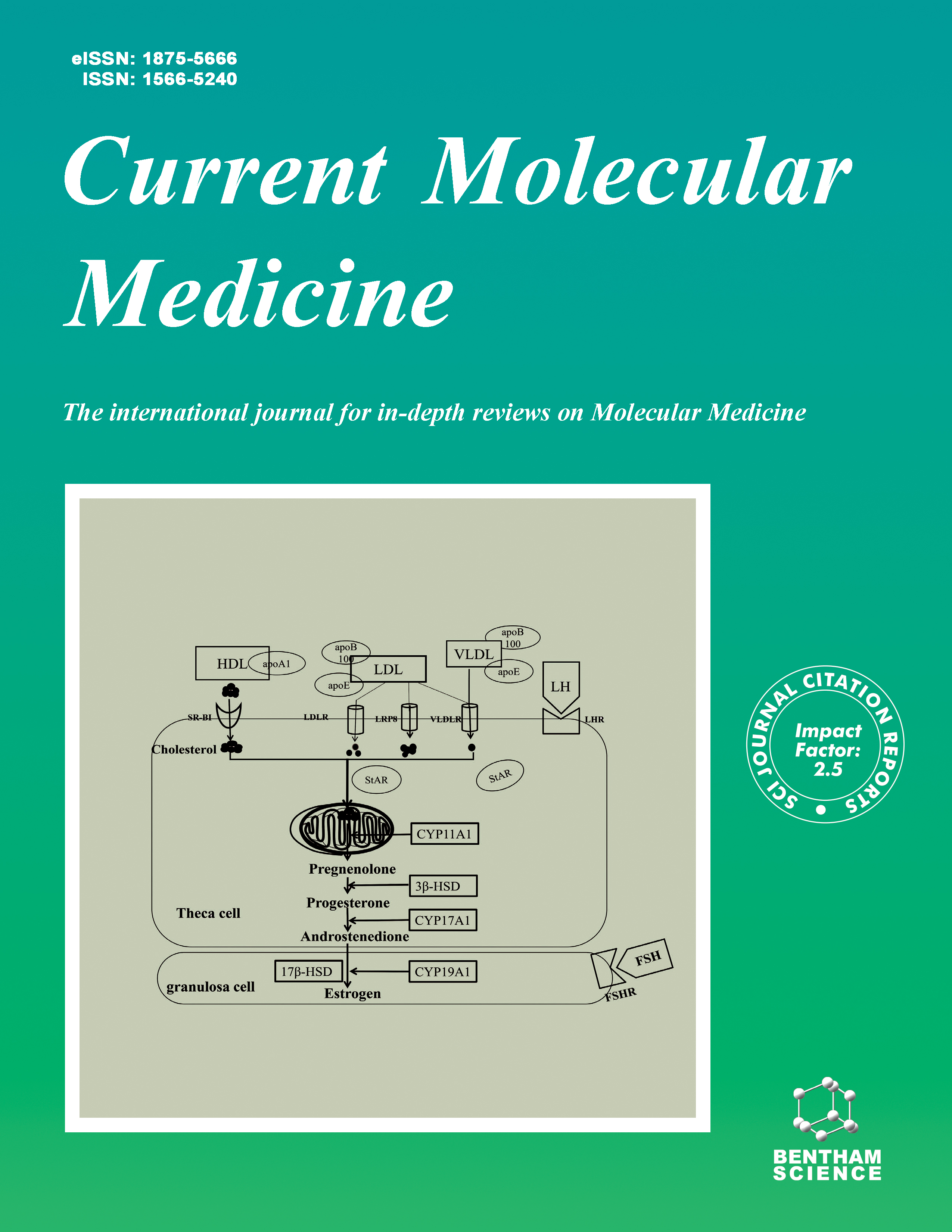-
s Cholinergic Transporters Serve as Potential Targets in Alzheimer’s Disease
- Source: Current Molecular Medicine, Volume 24, Issue 4, Apr 2024, p. 397 - 398
-
- 01 Apr 2024
Abstract
Alzheimer's disease (AD) is a specific brain disease that gradually worsens due to dementia over a long period. AD accounts for almost 60% to 80% of cases of dementia. Any damage to neurons affects their ability to communicate, leading to alteration in thinking, behaviour and feelings. Besides mental, motor abilities of an individual may also be affected due to AD. Therefore, it is cardinal to understand the key mechanisms by which either AD progression can be ceased or, after the onset of the disease it could be reverted. Both of these steps need the identification of a particular receptor or a molecular marker through which a drug can enter the neurons. Cholinergic transporters are such potential targets of AD, which regulate the movement of acetylcholine and thus regulate the nerve impulse conduction in the brain. The current article entails information regarding a variety of cholinergic transporters, which will provide a research gap to the global scientific community.


